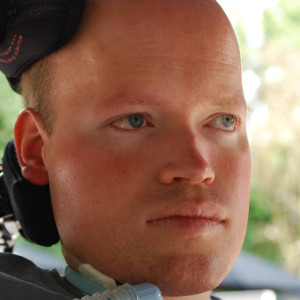
University of Groningen, Nijenborgh 9, 9747 AG Groningen, The Netherlands
Bernoulliborg room 591 (Tue 10:00 -- 15:00)
h.groefsema [at] rug.nl
Heerko Groefsema
PhD in Computer Science
Heerko is an assistant professor at the Distributed Systems group of the University of Groningen, the Netherlands. In addition, Heerko is a (remote) visiting researcher at the Business Processes and Legal Informatics Team, Data61, Commonwealth Scientific and Industrial Research Organisation (CSIRO), Brisbane. He received the Ba. in information and communication technology at the Hanzehogeschool Groningen in 2004, and the B.Sc. and M.Sc. in computer science at the University of Groningen in 2006 and 2008, respectively. He successfully defended his thesis "Business Process Variability: a Study into Process Management and Verification" at the University of Groningen in 2016. His research interests include business process and service composition compliance, verification, and variability.